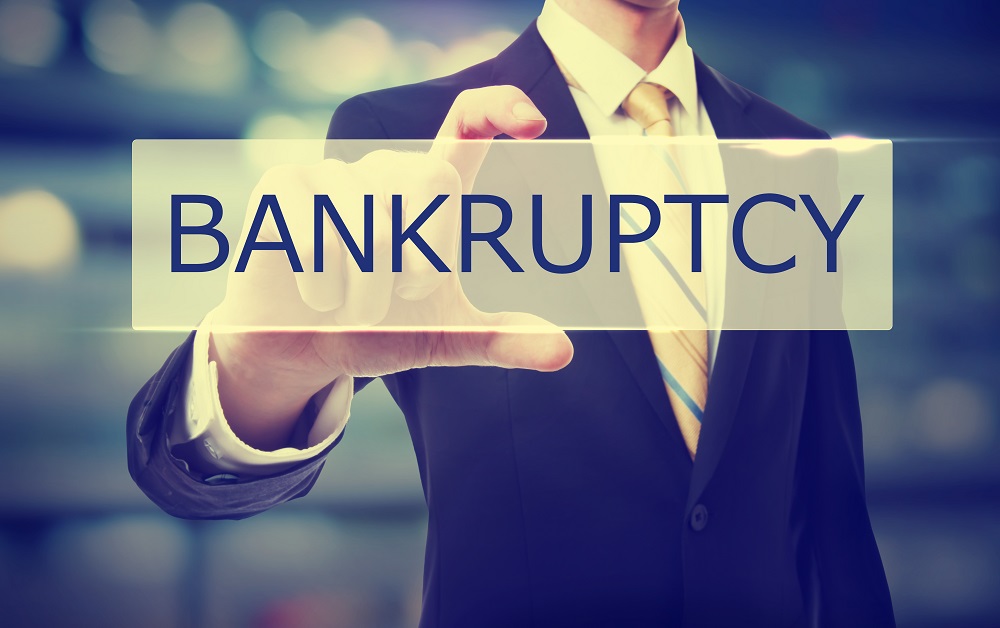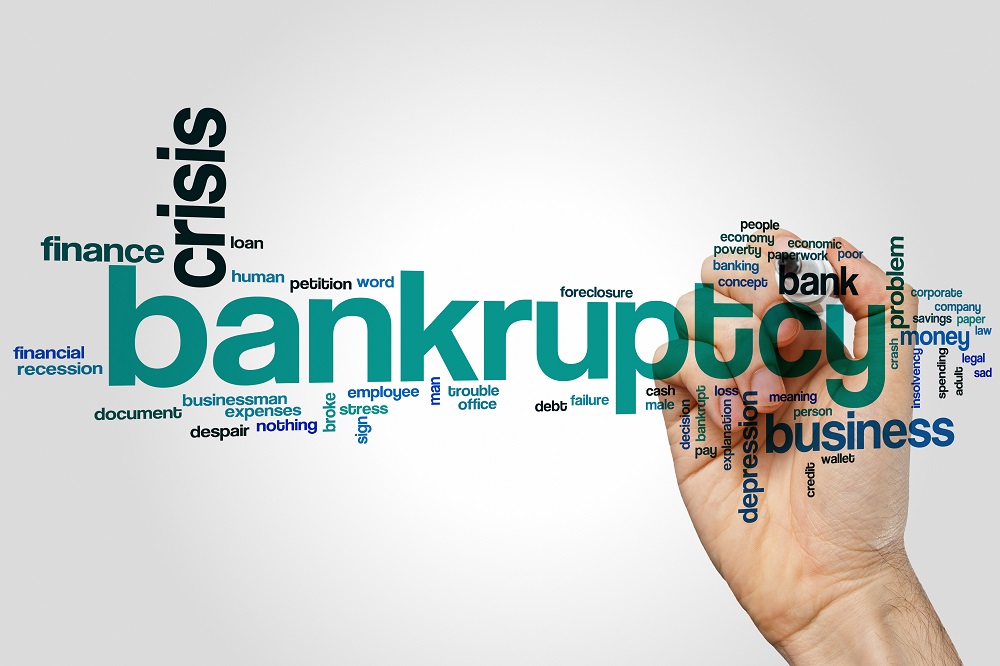Filing For Bankruptcy As A Business Owner In Arizona
Are you a business owner thinking about filing for bankruptcy? If so, it is important to know what type of bankruptcy will work for you. When looking into filing, a business owner should consider:
- The type of business you run
- If debts outweigh the assets
- The number of creditors attached to the debts
- Desire to continue running the business
Chapter 7 Liquidation
Unlike a personal Chapter 7 bankruptcy, where debt is typically discharged, a business that files for bankruptcy in Arizona goes through liquidation proceedings. If your debts are minimal and your assets will cover the debt, then it will be in your best interest to liquidate all assets and pay off your debt. However, once you liquidate your assets, you will no longer have a business. Essentially you must make a choice – whether to start fresh by declaring bankruptcy and keeping your business while ruining your credit, or selling all your assets, rid yourself of your business and debt, and start fresh. Each choice must be carefully considered and the most viable option will ultimately depend on what the client wants.
If you are a business owner, whether it is a corporation, partnership or sole proprietorship and you would like to remain in business, choosing to liquidate your assets will not be the best choice for you.
Chapter 11 Reorganization of Debts
- If you own a corporation or LLC, you personally may not be held liable for the debts of the company. However, if your business is not able to pay off all its debt, then you may want to speak with an attorney regarding debt settlement so that negotiations can take place with your creditors.
- Whatever business debts that cannot be paid at the end of the proceeding will be wiped clean.
- If you are an owner of a sole proprietorship, there is no separate identity, thus filing for bankruptcy will allow creditors to reach both personal and business assets.
- Most small businesses filing for Chapter 11 Bankruptcy in Arizona does not succeed as their debts are too high. When this happens, the courts will convert the bankruptcy proceeding to Chapter 7 liquidation or dismiss the bankruptcy case altogether.
- If you are a partnership, the partnersa�� personal assets may, in some cases, be used to pay creditors, or the partners themselves may be forced to file for bankruptcy protection so that their personal assets will not be touched.
Chapter 13 Bankruptcy Reorganization of Debts
Unlike chapter 11 bankruptcy, in which a corporation, sole proprietorship or partnership may file for bankruptcy; Chapter 13 does not allow a corporation or partnership to declare bankruptcy. However, if you are an unincorporated business you may be eligible to file under chapter 13, so long as you meet the requirement. In order for a business to be eligible to file for Chapter 13 relief, the debtora��s unsecured debts must be less than $383,175 and secured debts must be less than $1,149,525.
Contact Ariano & Reppucci to find out more about filing bankruptcy in Arizona.


